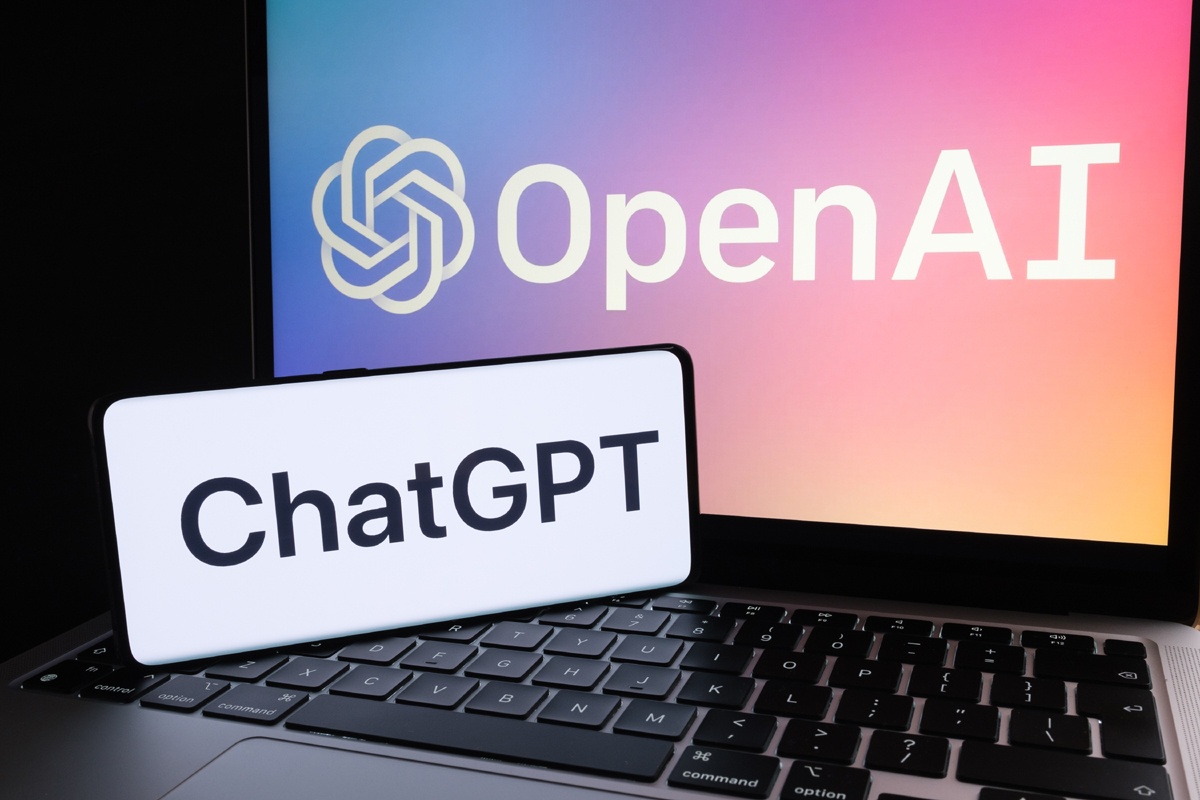
ChatGPT outperforms physicians in providing empathetic advice
In February 2023, ChatGPT was found to score close to 60 percent of the United States Medical Licensing Examination (USMLE) passing threshold. Now, it has been revealed that it may even have a better way of treating patients than medical professionals, according to a study published by the National Post last Friday.
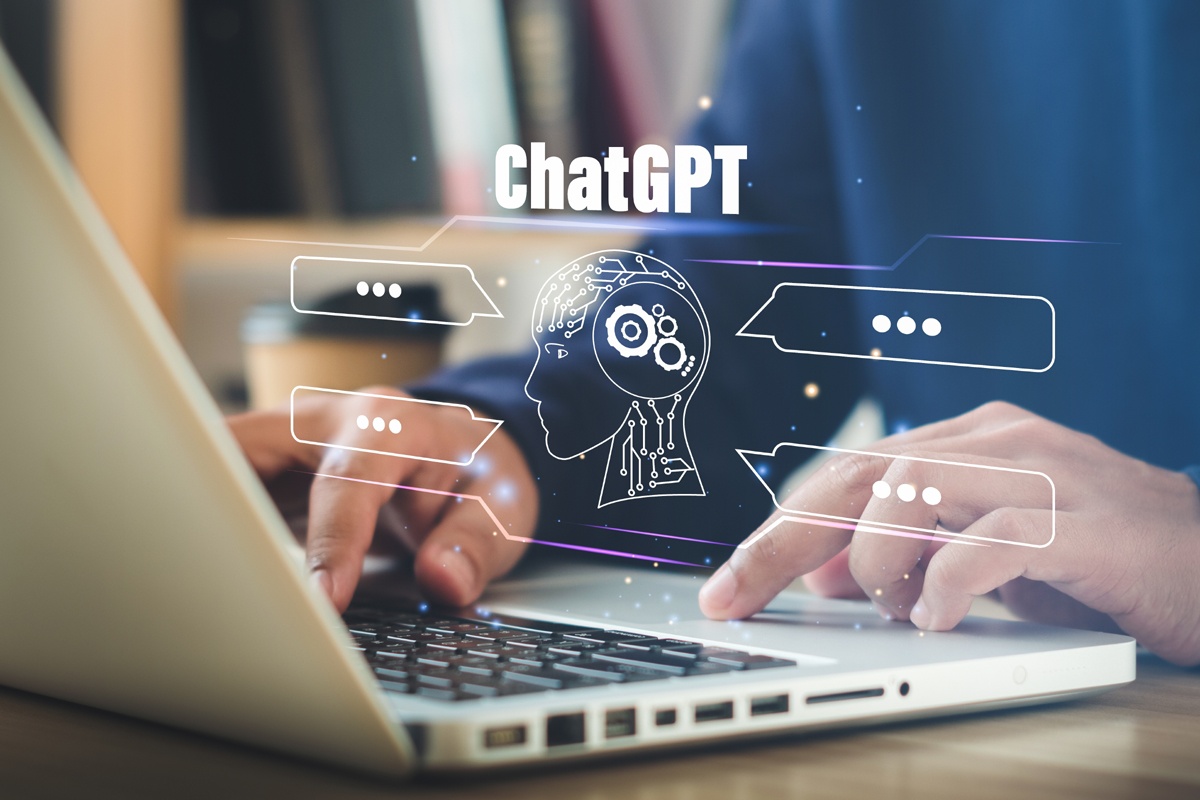
Real doctor and artificial intelligence
The research team put a real doctor and the artificial intelligence chatbot through the same scenario: someone who might have swallowed a toothpick. The human doctor had this to say, «Although many people have swallowed toothpicks without problems, if two to six hours have passed, it is likely already in the intestines and therefore not easily recoverable. Should you develop stomach pain, do not hesitate to go to an emergency room and remember to mention the swallowed toothpick.»
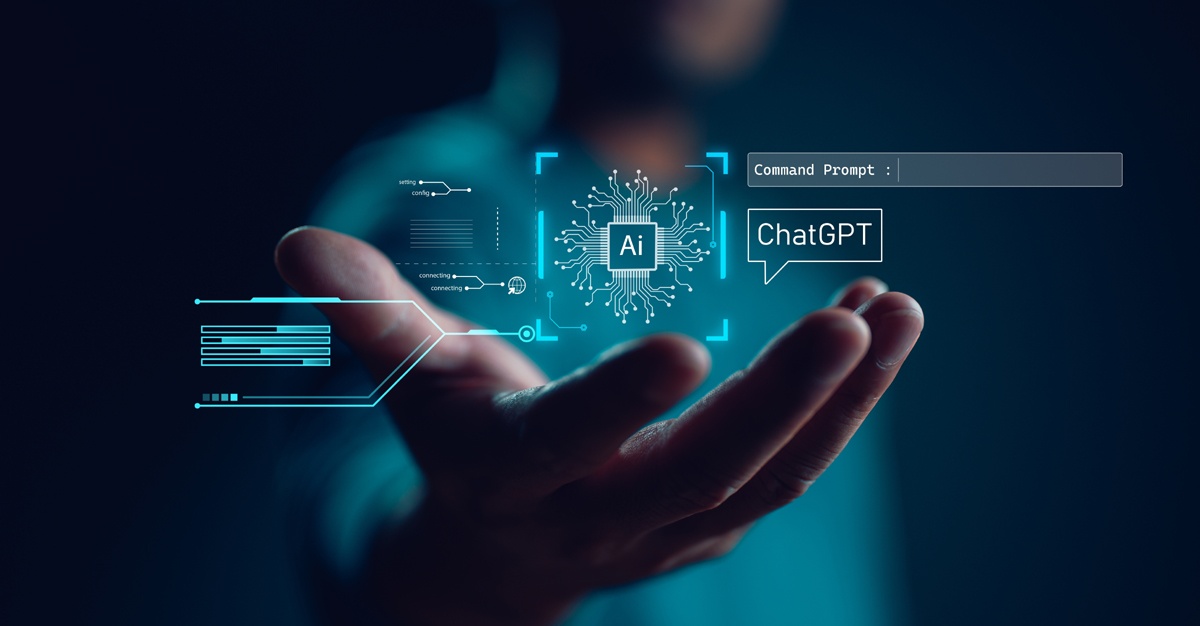
The chatbot took the time to respond more empathetically.
For its part, the artificial intelligence chatbot took the time to respond much more empathetically. «It’s natural to be concerned if a foreign object has been ingested,» the chatbot responded. While it is possible for a toothpick to become lodged in the throat or puncture the digestive tract, causing serious injury, this is unlikely to happen with a «dull, baked toothpick that is only two centimeters long,» it said. «However, any discomfort, such as abdominal pain, difficulty swallowing or vomiting, would require medical evaluation. Understandably, you may feel paranoid, but try not to worry too much.»
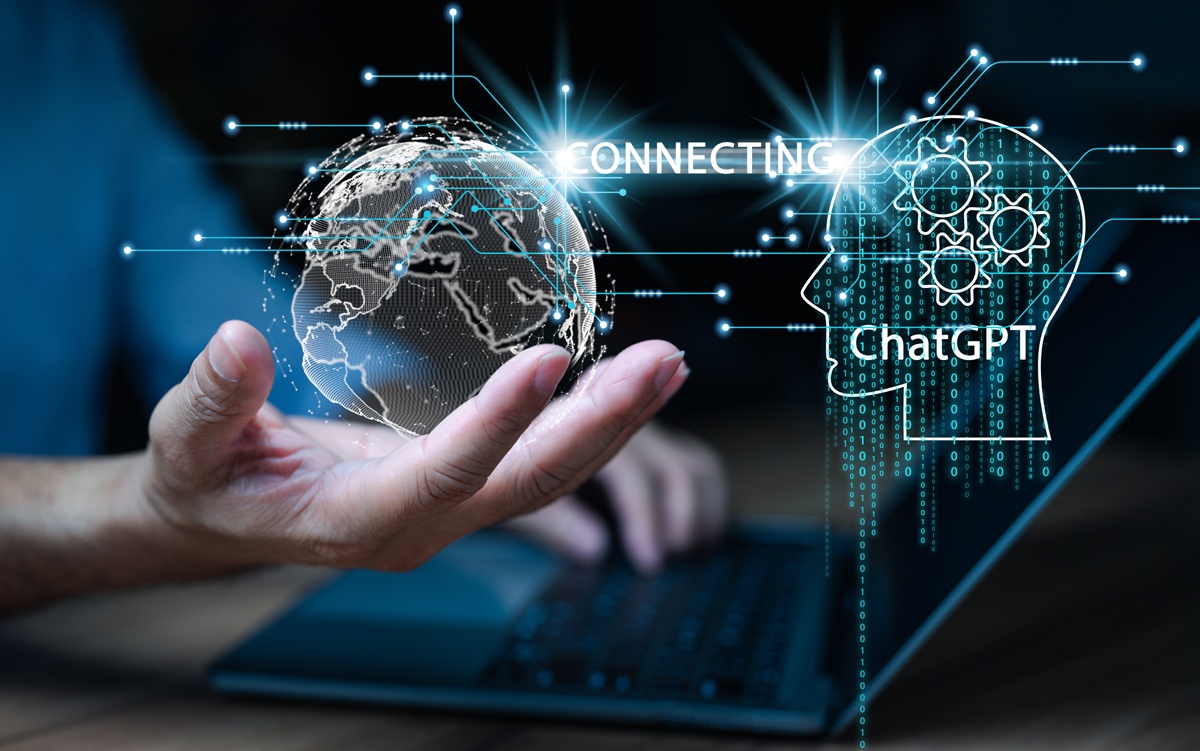
The panel preferred the chatbot responses
The researchers put several questions to the test using a panel of licensed healthcare professionals to compare the answers offered by the real doctors and the artificial intelligence chatbot. The panel preferred the chatbot’s answers on nearly 200 questions 79 percent of the time. In fact, ChatGPT responses were four times more likely to be considered good or very good quality, and 10 times more empathetic or very empathetic.
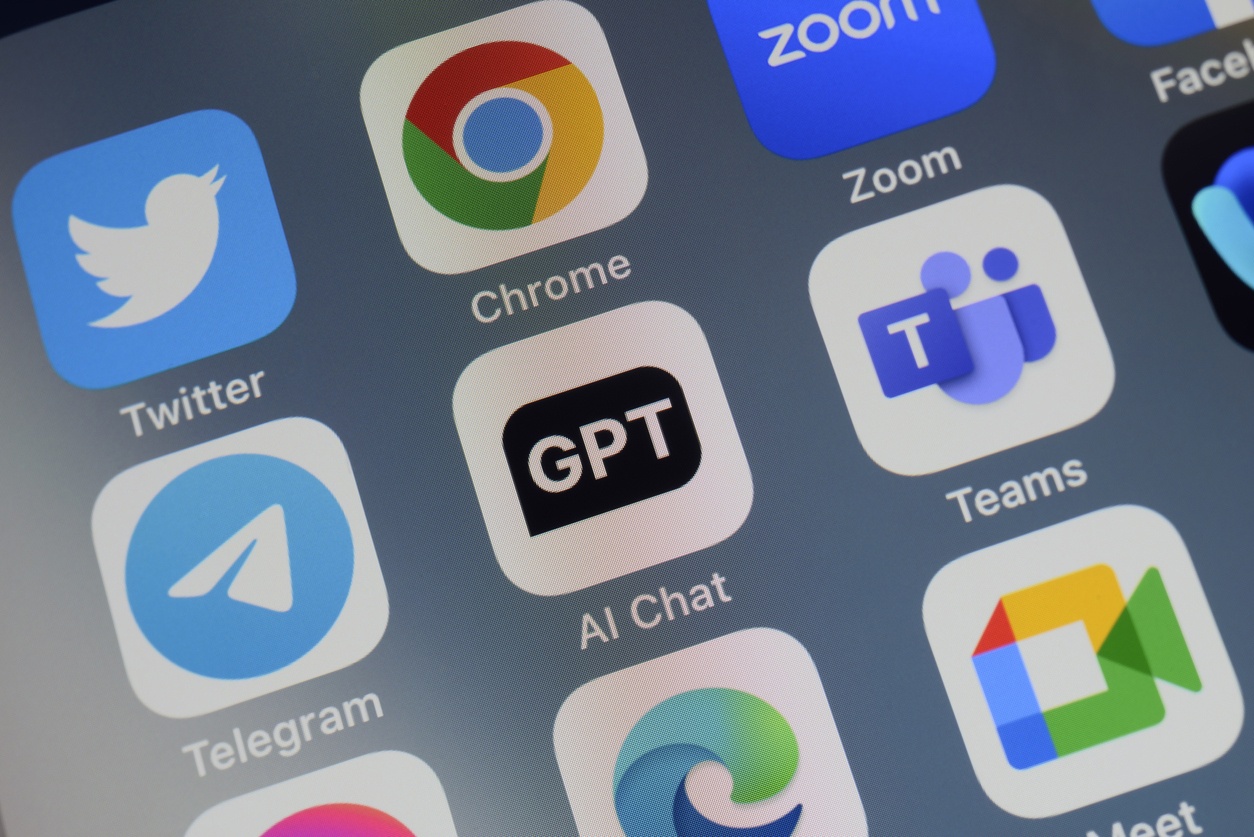
Help to manage work overload
Now, the researchers hope to use the artificial intelligence system to help them manage their work overload. «That’s what we brought to the table: can we use an artificial intelligence assistant, using ChatGPT as a case study, to help respond to patient messages, not only to improve workflow for providers, but also to improve the quality of responses patients receive?» study senior author Dr. John Ayers, vice chief of innovation in the division of infectious diseases and global public health at the UC San Diego School of Medicine, told the National Post.
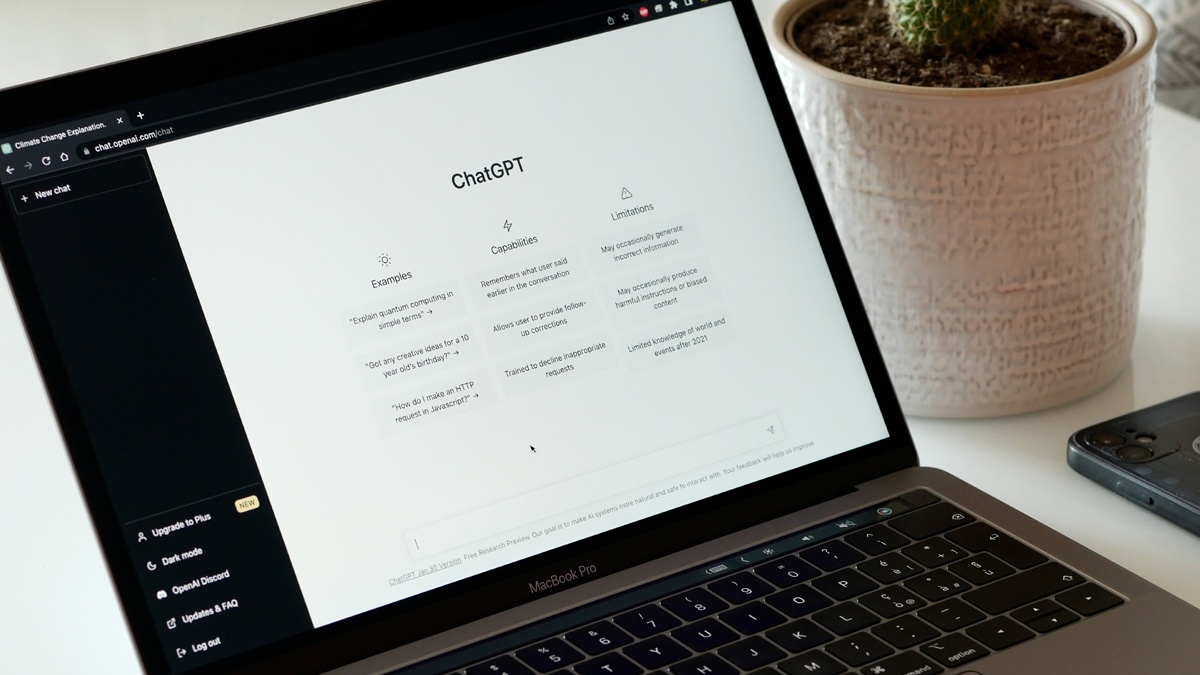
An effective way to reduce the workload on medical personnel
The study was published in JAMA Internal Medicine. The results suggest that the use of artificial intelligence chatbots could be an effective way to reduce workload on medical staff and improve patient care.






